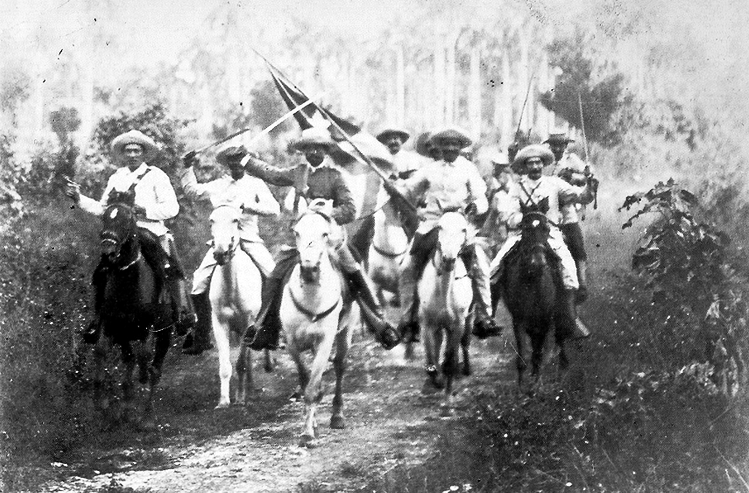 S
So why did Rep. Lincoln Diaz-Balart decide to finally end his political career in Florida's 21st Congressional District? I have yet to hear a rational answer.
This evening Rep. Ileana Ros-Lehtinen was very busy, appearing on Radio Mambi's "Mesa Redonda" for two hours, and then appearing for an interview with Maria Elvira Salazar which aired at 8pm. Later, by 9pm, she reappeared on Radio Mambi with Marta Flores. She spoke about Rep. Diaz-Balart's announcement today, but failed to give a clear answer as to why Lincoln was leaving. Instead, her goal seemed to be to reassure everyone that support for U.S. policy towards Cuba was still secure in Congress.
Also on tonight's broadcast with Maria Elvira Salazar was Rep. Mario Diaz-Balart (
who will now run for Lincoln's seat), and Ana Carbonell, Lincoln's long-time Chief of Staff. Despite the host's attempts to probe for an answer, none gave in. All just repeated what Lincoln had announced earlier today: Lincoln decided that he would better serve the mission (or "la lucha") for a free Cuba as a private citizen. This explanation seems straightforward, but raises many questions.
It seems to imply that Rep. Lincoln Diaz-Balart felt he could no longer achieve anything more towards a free Cuba in Congress. (Could anymore be done after Helms-Burton?) It also implies then that Lincoln's ultimate goal in Congress was to influence U.S.-Cuba policy, while serving the other interests of his constituents was secondary, or not worth representing anymore.
Also, Lincoln could've stayed in Congress to achieve important positions like Rep. Ileana Ros-Lehtinen who has been serving in Congress for over 20 years and now expected to become chairman of the House Committee on Foreign Affairs. Lincoln was certainly in a safe Republican district, so why decide to leave it when he could have achieved more in Congress?
I think he did it for his brother Mario.
Rep. Mario Diaz-Balart is not in a safe Congressional district (
FL-25). Since his first race in 2002, Mario's winning percentages have progressively decreased: 65% in 2002, 58% in 2006, and 53% in 2008 [
source]. It was a dangerous trend. So, I figure that Lincoln sacrificed himself for his brother Mario, since the 21st district is much safer.
But, this is not a rational answer. It risks too much because Rep. Mario Diaz-Balart could still lose the district. An
online poll by Telemundo51 today indicates that Mario is not favored as a replacement for Lincoln, 68% voting for "another candidate."
And, is Lincoln in a better position as a lobbyist, possibly working with the U.S. Cuba Democracy PAC? Lincoln is a firebrand, not really someone to work behind the scenes I think.
So far it all seems irrational. But, time will tell.
[
Rep. Lincoln Diaz-Balart says he will continue working on a project called "The White Rose." It is a project started 50 years ago by his father, and outlines a comprehensive transition process for a free Cuba. It can be viewed here in Spanish.]









